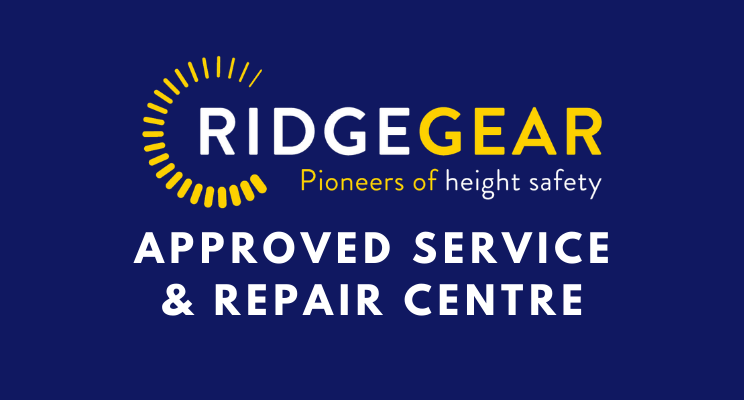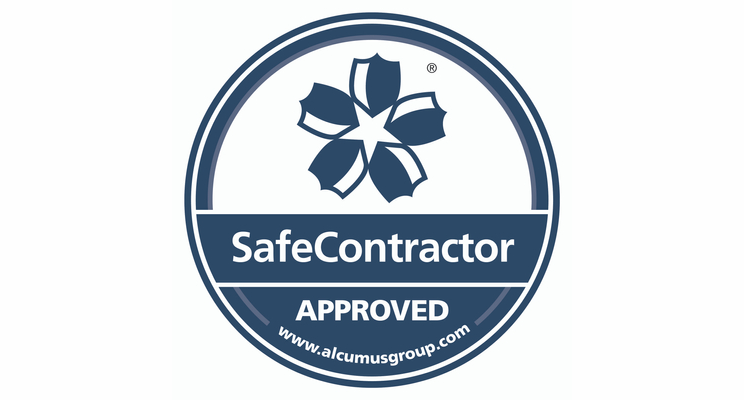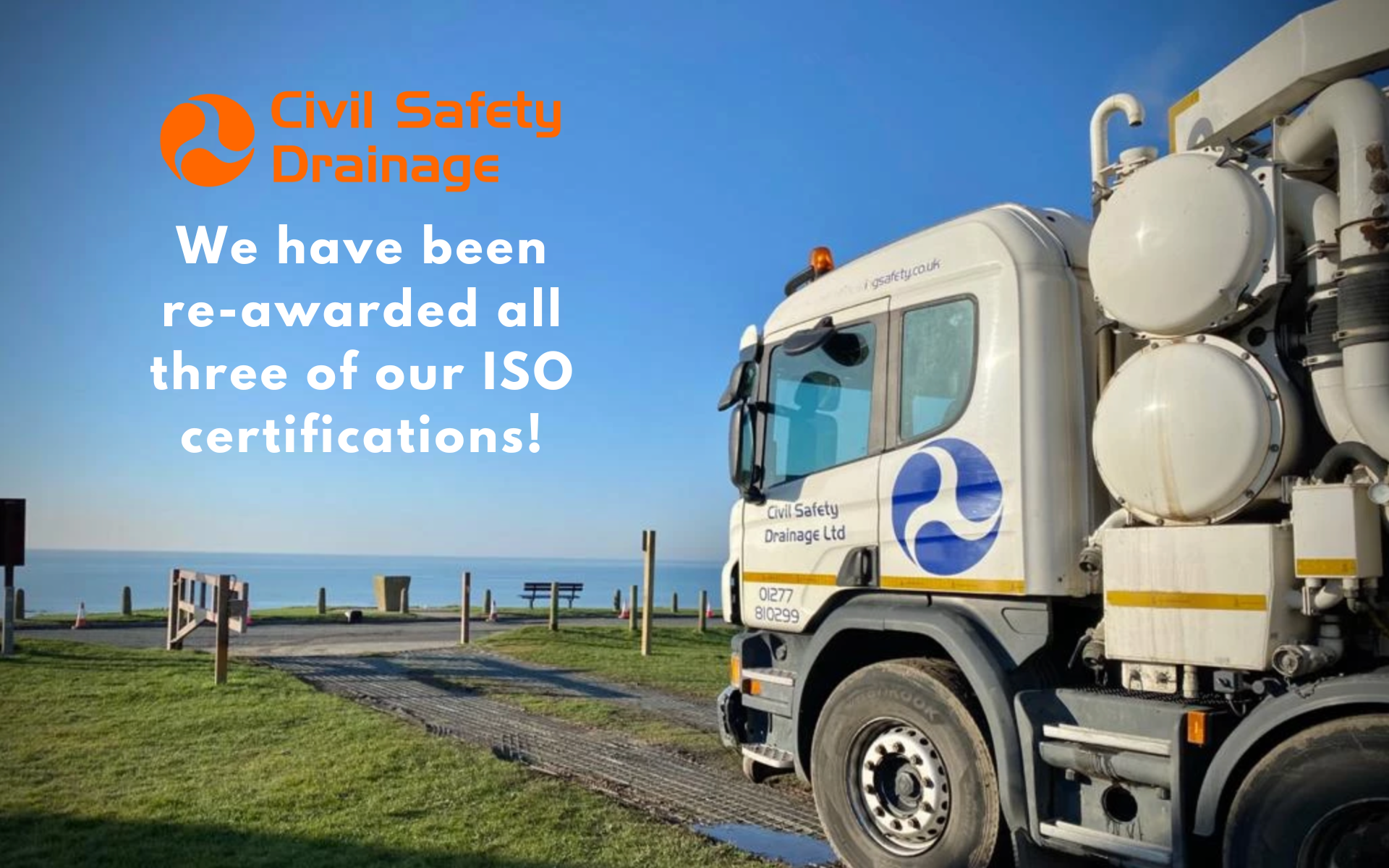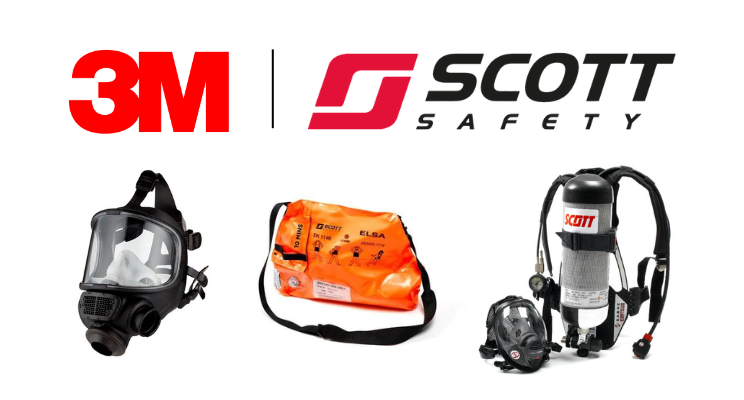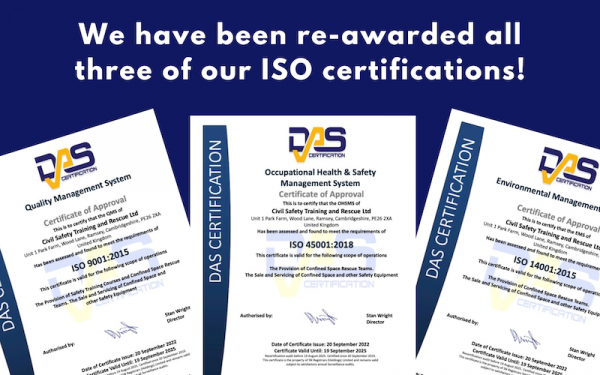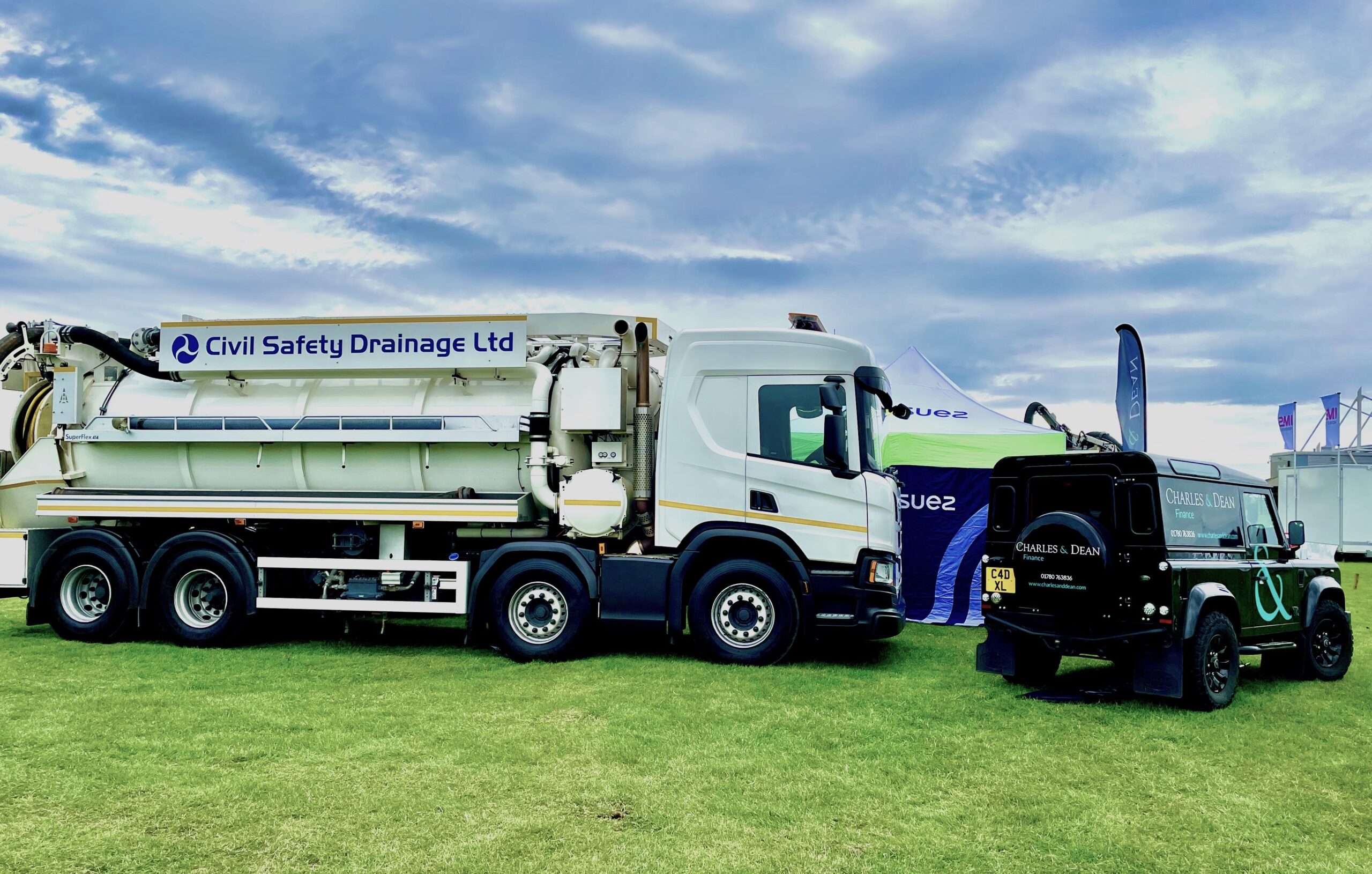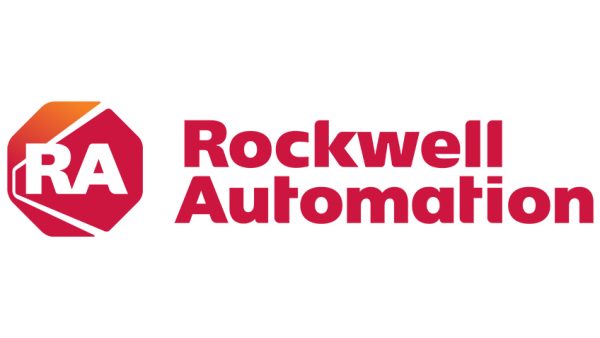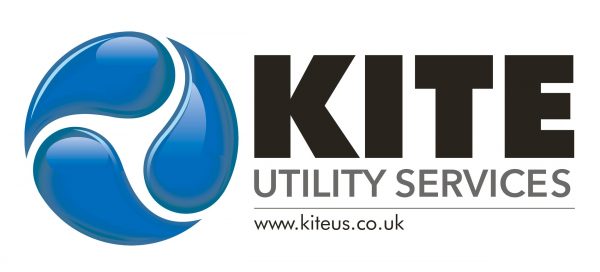Why Incident Reporting Matters And How To Get Your Staff To Do It
Reporting incidents and near misses is essential because it raises organisations’ awareness about what can go wrong so that actions and preventative measures can be taken. Incident reporting is NOT about pointing fingers or covering backs, despite the wide held perception that it is. As an organisation that takes safety seriously, it is up to you to change this negative perception and educate your staff about why incident reporting is both important and positive. To help, here we’ve shared some of the reasons incident reporting is so important and how you can encourage your staff to do it.
Why is incident reporting so important?
It raises the awareness of threats
A good incident reporting culture acts as an essential communication channel to make sure threats to safety can be quickly resolved. Such threats might include:
- Malfunctioning machinery or equipment
- Improper behaviour such as working whilst under the influence, harassment, bullying, not following procedures etc.
- A lack of training, controls or adequate safety equipment
It inspires urgency to act
An incident report is a legal document that requires the organisation to take action whereas if an incident is just mentioned in conversation it can be overlooked. Essentially, writing an incident report inspires urgency and encourages the organisation to take the incident or near miss seriously.
It encourages improvement
Incident reporting is a good way of highlighting what the organisation is lacking, be it training, equipment or proper procedures. While the incident itself might seem minor, it is often a symptom of much bigger problems and patterns can emerge that might otherwise have been missed. Incident reports provide feedback for management who may not be aware that additional training or better equipment is needed if they had not seen the reports.
How Can I Get My Staff To Report?
So, if we agree that incident reporting is important, why then do so many organisations struggle to actually get staff to report? There are several reasons, some of which we detail below, along with our tips to encourage better reporting.
Make reporting positive
Some employees can shy away from incident reporting, thinking it might be a betrayal to co-workers or causing trouble for themselves so when discussing incident reporting it’s essential to make sure employees know that reporting will not result in punishments but instead be received gratefully.
Implement strongly and follow through
You need to show the importance you place on incident reporting so it should be mentioned in official policies, value statements, job adverts, be part of new employee training and be part of performance reviews. It’s not enough to just add it to your official policies and then not tell and re-tell employees that it’s important.
Remove barriers
One of the key reasons employees don’t report is if the process is labourious. Make sure workers have an easy, quick and accurate way to get the report into the incident management system. Then, acknowledging their report and thanking them for filing it will also help to encourage further reporting.
Implement consequences for non-reporting
While the carrot is generally better than the stick, with something as important as incident reporting there should be consequences for not reporting incidents that put coworkers, customers or the organisation at risk. Such consequences shouldn’t be a surprise, they should be written down, ideally part of HR procedure, so everyone knows what they are and under what circumstances they will be applied.
Share your progress
When positive actions and improvements have been made as a result of incident reporting, share it with your staff so they know their reports are making a positive difference and aren’t just being filed away and forgotten about.
Overall, the best way to get employees to report incidents is to normalise it. Your official incident rates will be likely to go up but don’t panic, this means you’re doing it right and over time, as you improve and correct problems, they should go down again. And remember, as long as improvements are being made as a result of the reports your organisation will be a safer place to work for everyone.
Civil Safety Training & Rescue
Civil Safety Training & Rescue specialises in working with companies that are involved in confined space and hazardous environments. If you need support with confined space training, rescue teams for dangerous situations or the purchase and servicing of your safety equipment then call us today.
Training: 01480 220611 | Rescue: 01480 220615 | Service, Sales & Hire: 01480 220613

